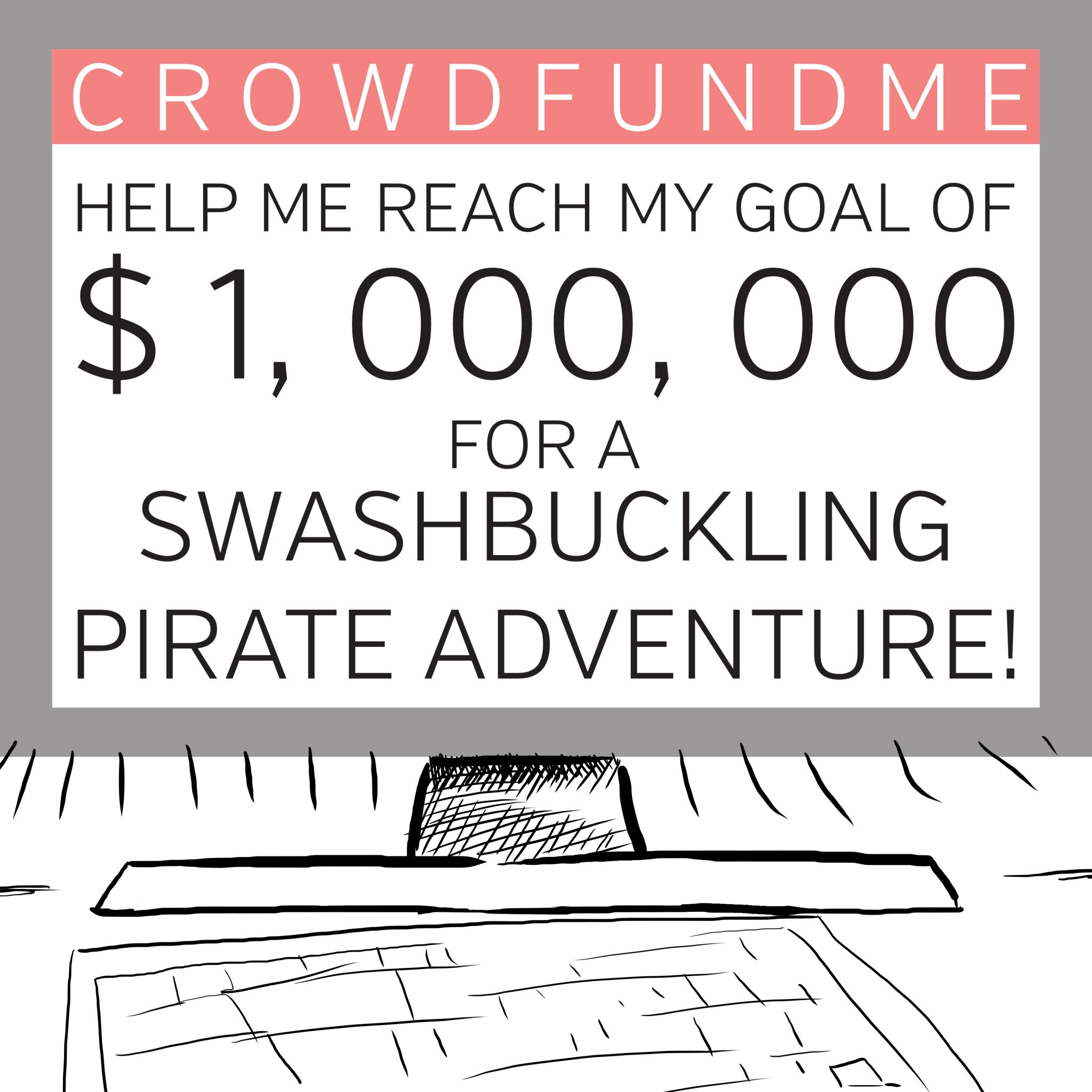When crowdfunding for a good cause goes wrong


We are living in a time where providing services for strangers, like driving them from place to place with the help of an app, or crowdfunding for any cause imaginable, is almost too effortless to do. Unfortunately, as with all things, sometimes the evolving conveniences of society come with downsides.
GoFundMe, the website that gives people a platform to share their tales of woe, tragedy, opportunity, excitement and promise with the world in exchange for financial support, has recently come under some unfortunate controversy that brings an ethical dilemma to the idea of charitable donations in large quantities.
In the past week, outrage has erupted as nearly $400,000 that was crowdfunded for a homeless veteran, John Bobbitt, has not been given to him as previously promised.
The money, intended for the man who helped out and later befriended Philadelphia resident Kate McClure, was supposed to be used to help Bobbitt obtain a home and food following his act of good samaritanism.
McClure began this crusade of good-will back in November of 2017, with an original goal of only $10,000, but it quickly surpassed that at $400,000 in 10 months following an appearance on Good Morning America.
Because of this, there has been a criminal investigation following the case in which GoFundMe has been committed to doing their best to ensure that the money that has been “lost” will be rightfully given to Bobbitt.
There’s always going to be a risk when it comes to these kinds of things. Donation fraud, social security scams and the like have always existed, and likely will continue to exist in the future as long as people have the capacity to be deceitful.
The absence of this staggering amount of charitable money is troubling, not only because it didn’t go to its intended recipient, but because of the implications it has against doing what is right.
It taints people’s perceptions of charity more than what already exists, giving further fuel to the narrative that refutes “hand-out culture.”
The fact that we exist in a time where this kind of accessible charity is possible is remarkable. It reflects the incredible potential of our society to do good for those who really need it.
It is a shame that there are — and always will be — those who take advantage of this system as a means to their own ends.
Much like the clearly fraudulent GoFundMe page for Kylie Jenner created by online comedian Josh Ostrovsky — or “The Fat Jewish” as he’s known on social media, when it came out that she was $100 million from becoming a billionaire — sometimes the internet demonstrates that it really shouldn’t be given too much power.
But does this mean that these kinds of websites shouldn’t exist? If you think about GoFundMe as a source that provides traction and acknowledgement for causes that otherwise wouldn’t get attention, then the answer becomes more clear. I feel that it’s incredibly important, despite the risks and drawbacks.
There’s always going to be a risk when it comes to these kinds of things. Donation fraud, social security scams and the like have always existed, and likely will continue to exist in the future as long as people have the capacity to be deceitful.
But the potential that it is has to do good should outweigh the negatives that instances like these create. The opportunity for virality to create bountiful opportunities for people, much like how the lottery operates, is an aspect of our society that I’ve come to admire — despite how rare it may be.


